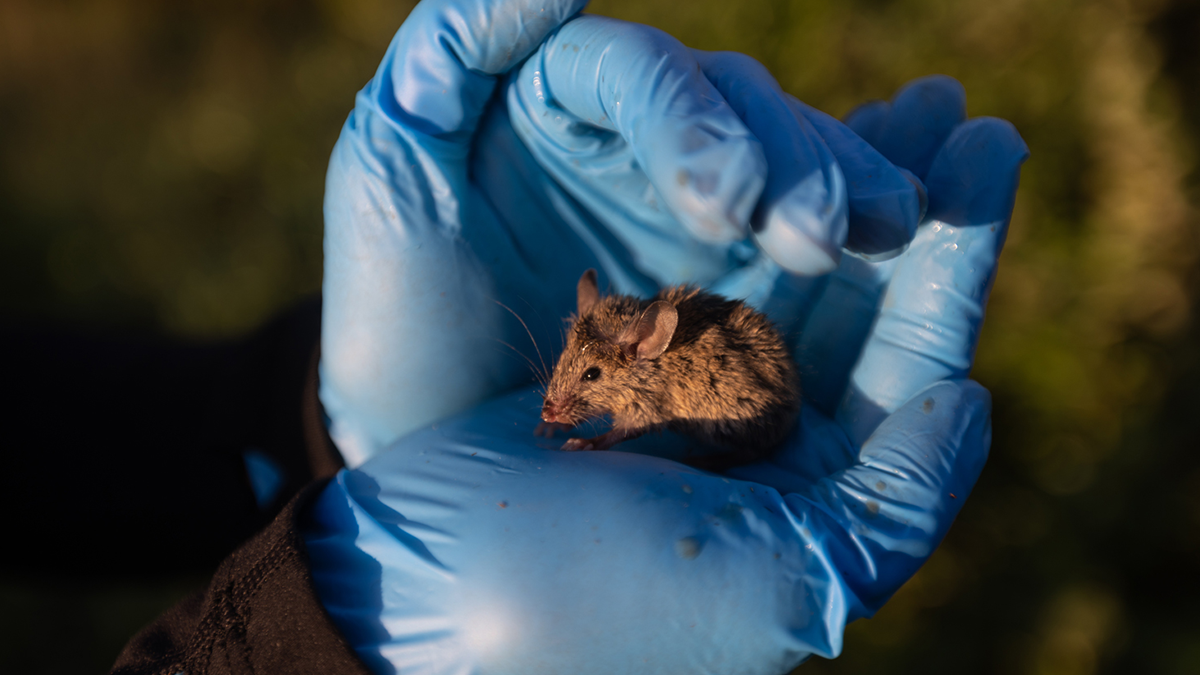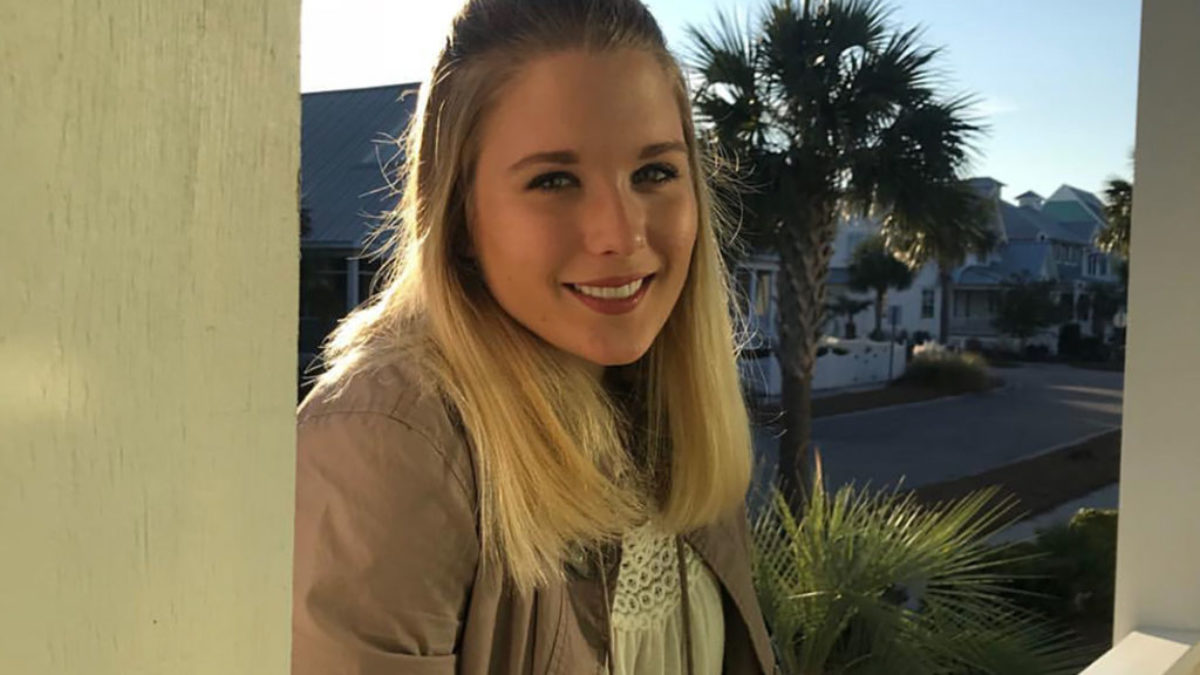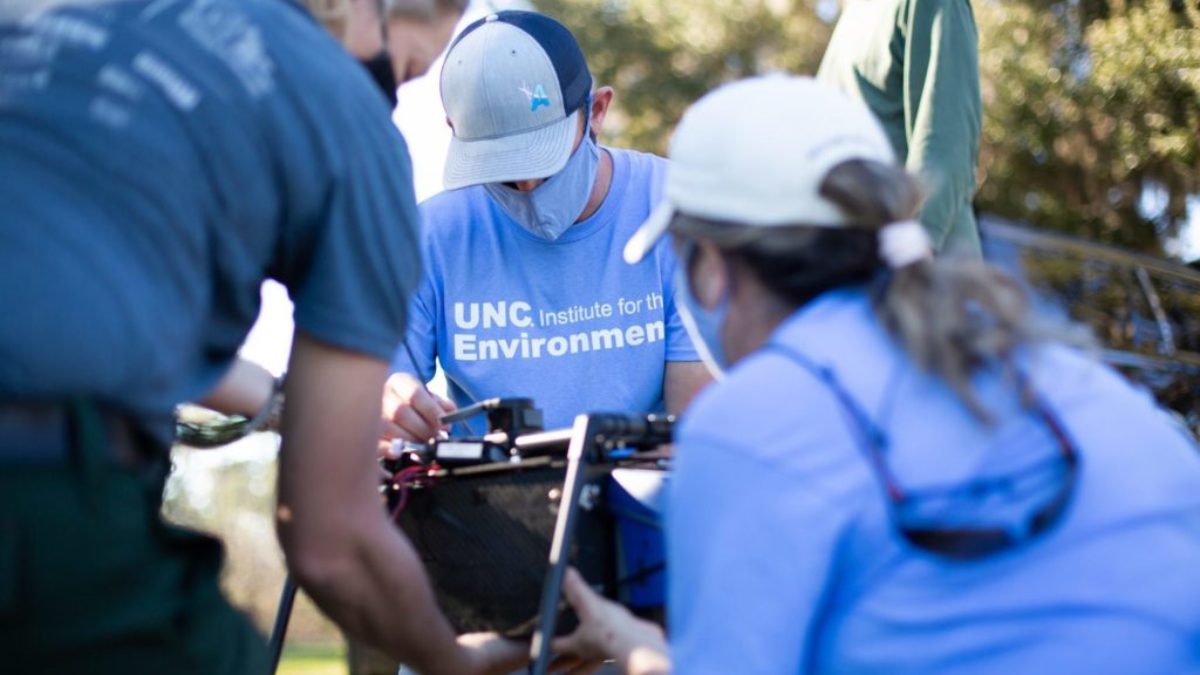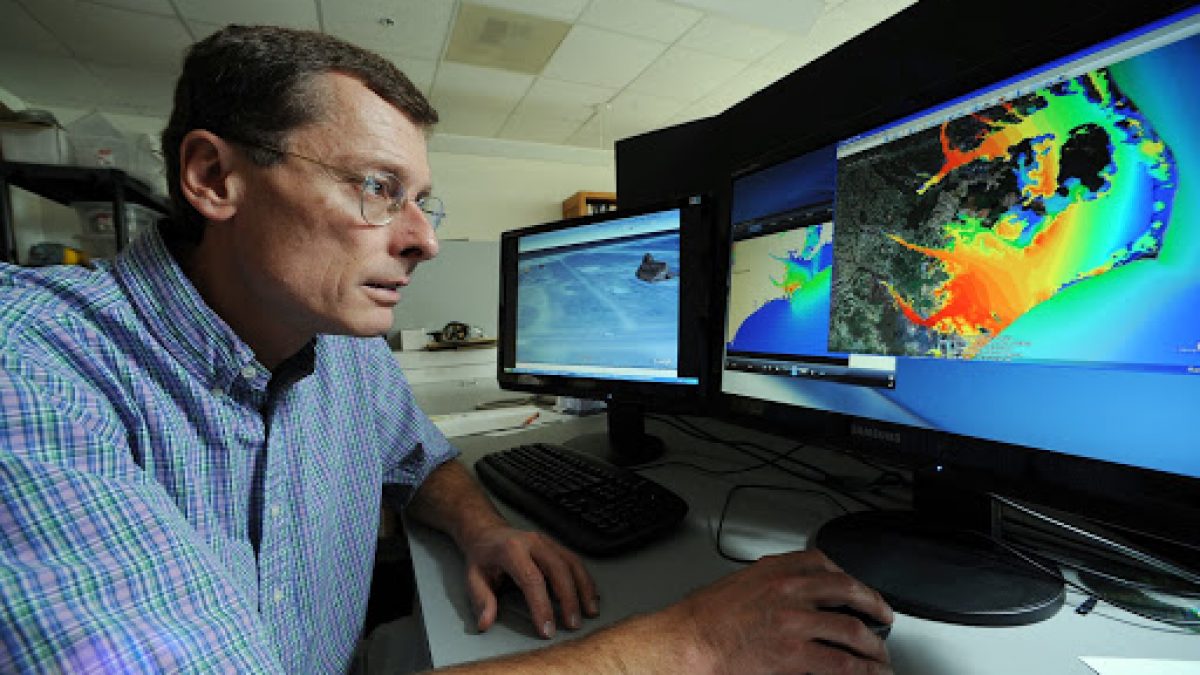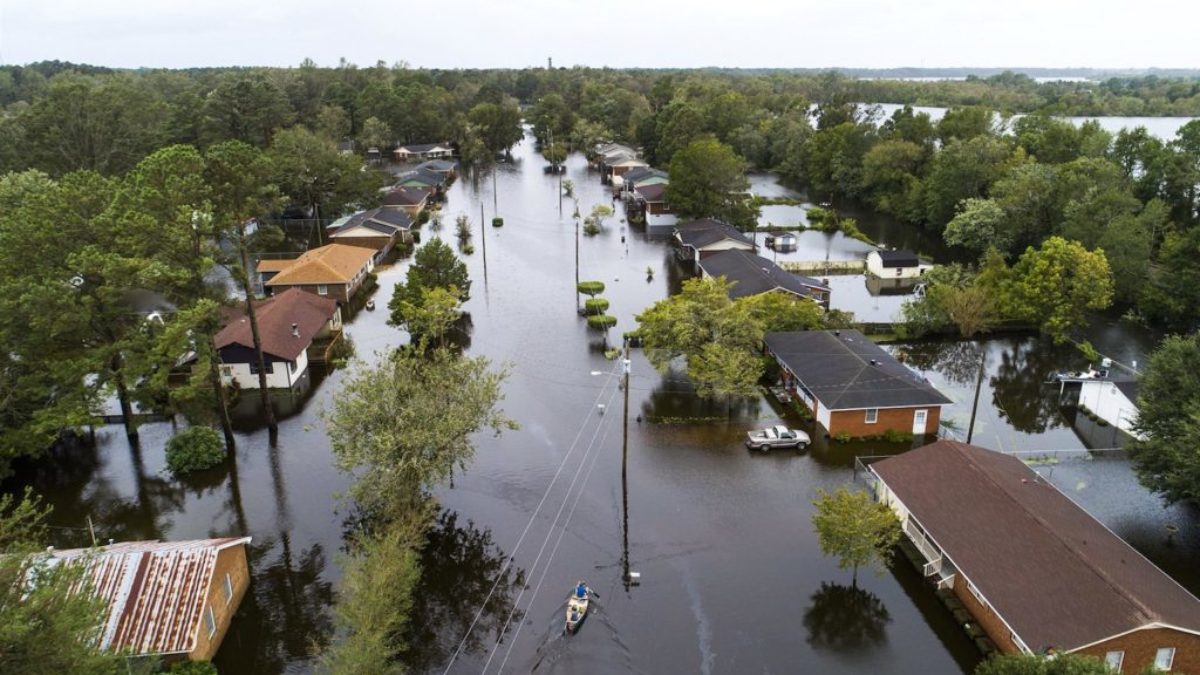From the Outside in
“It is incumbent upon us in academe to demonstrate and prove the hypothesis that clean energy and sustainability and improved health is not just economically viable, it is economically necessary...”
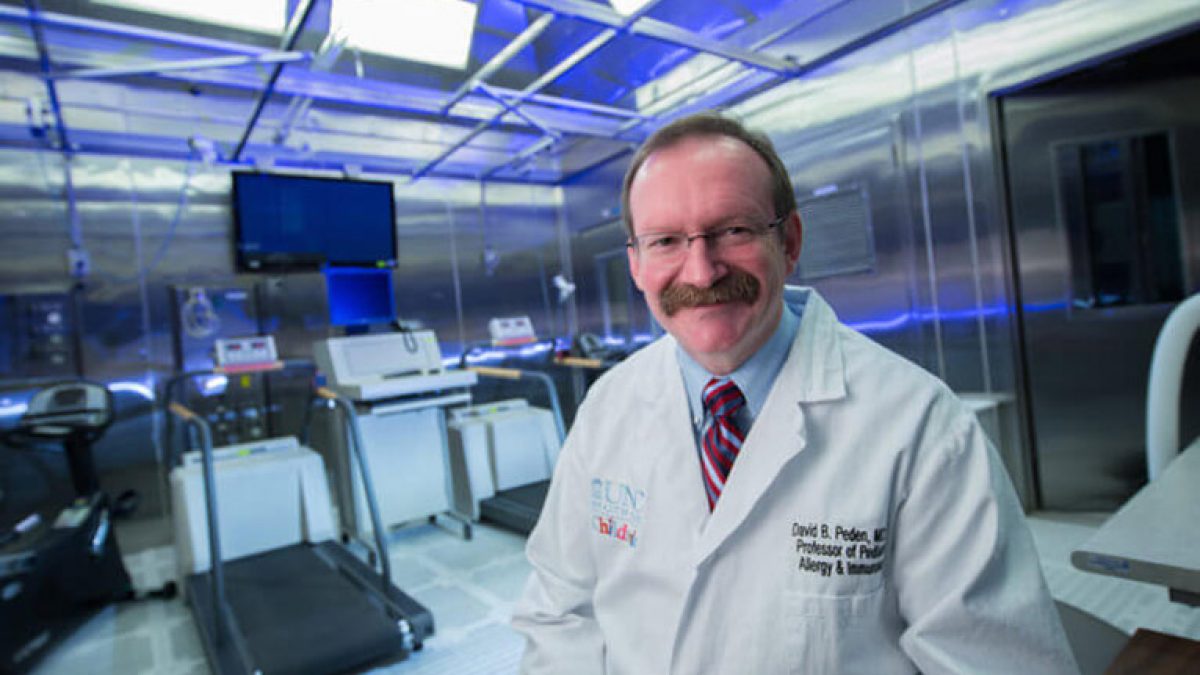
“It is incumbent upon us in academe to demonstrate and prove the hypothesis that clean energy and sustainability and improved health is not just economically viable, it is economically necessary...”
Pollution has dire consequences for human health. A new campus collaboration funded by the National Institutes of Health is bringing together data science, environmental science and precision medicine to revolutionize how doctors treat patients with conditions that can be aggravated by environmental factors. For our part, UNC Institute for the Environment scientists have developed modeling software that gives researchers access to 50 environmental pollution measures while incorporating key variables such as season, time of day, wind direction and atmospheric stability. One of the goals of the research is to determine if these tools will reduce the readmission rates of high-risk patients, thereby lowering health-care costs.
“It is incumbent upon us in academe to demonstrate and prove the hypothesis that clean energy and sustainability and improved health is not just economically viable, it is economically necessary,” said Dr. David B. Peden, interim director of the institute. “It will be a revenue driver. At the end of the day, we have to solve problems that are meaningful. Environmental impact on health is an extraordinarily meaningful problem.”
Dr. Peden’s colleagues at the Institute for the Environment, Dr. Adel Hanna and Dr. Sarav Arunachalam, also are lending their expertise to the project, which, in addition to Dr. Peden, is co-led by Dr. Stanley Ahalt, director of UNC’s Renaissance Computing Institute (RENCI).
